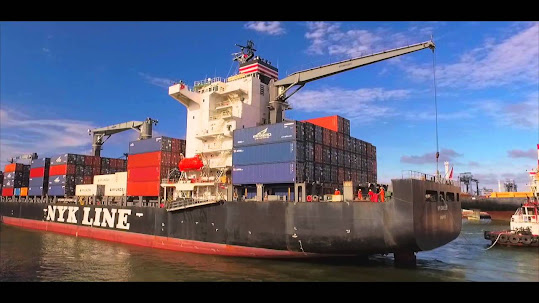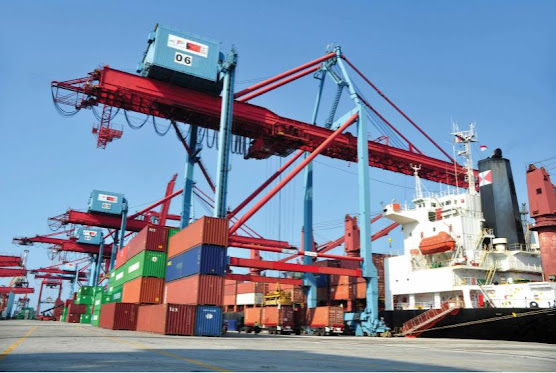What Does a Customs Consultant do?
As a customs advisor, a customs advisor has the authority to follow and finish customs processes. Delivers the items to the representative of the foreign trade and submits the customs declaration. This implies that the customs advisor acts on behalf of and behalf of the foreign trade expert in customs transactions. The customs broker operating on his behalf is liable for the legal ramifications of all of these transactions sequentially and in succession.
● Declaration:
This implies that the customs administration is informed of the arrival and departure of products and commodities by the Customs Act. Incomplete or erroneous declarations may be made if the processes and problems spelled forth in the Customs Act are not followed. False or low statements might result in severe fines.
● Inspection:
The customs office receives and declares the arrival and departure of goods. The items or products are now in the hands of customs once the declaration has been filed. The customs administration uses automated systems to classify these commodities as high-risk or low-risk based on various factors. Customs authorities may conduct an inquiry into a shipment if the risk level is high enough.
● The Yellow Line:
The product or item is controlled (inspected) by the customs administration, managing the products. The inspection officer is the customs department's top person who exercises this authority. When a customs declaration and the papers used to produce it are compared and checked, "Yellow Line Inspection" is used. The information in the customs declaration and the supporting paperwork must be comparable and consistent.
● Companies that provide customs advice:
Priority may be given to customs advisors who specialize in the features of items being traded; or to customs offices where customs processes take place and where international trade specialists are being handled, if that is what is most convenient for the business.
● Based on where you are:
It is entirely up to Global Trade Expert agents to pick a location that is convenient for their consumers. A Global Trade Expert agent has the option of locating his firm in a place that is convenient to the customs administrations or one that is near the processes for collecting documents. The sort of service requested by the international trade expert is critical to the success of the customs advisors.
● Legislation follow-up:
When looking for a Global Trade Expert consulting firm, it's essential to consider how well they know the law. The structure of customs law is dynamic and may change daily. Customs experts who adhere to the law daily are preferred in this scenario to prevent unnecessary charges.
● Technology:
Customs and customs advisors utilize technology infrastructures to their fullest potential. When it comes to filing customs declarations and completing customs processes, a customs consulting business must spend minimal money on technology. Ministry norms define this amount. A significant milestone has been reached at this point. Foreign trade specialists' demands may be met by customs consultancies that utilize the specific technical infrastructure.




Comments
Post a Comment